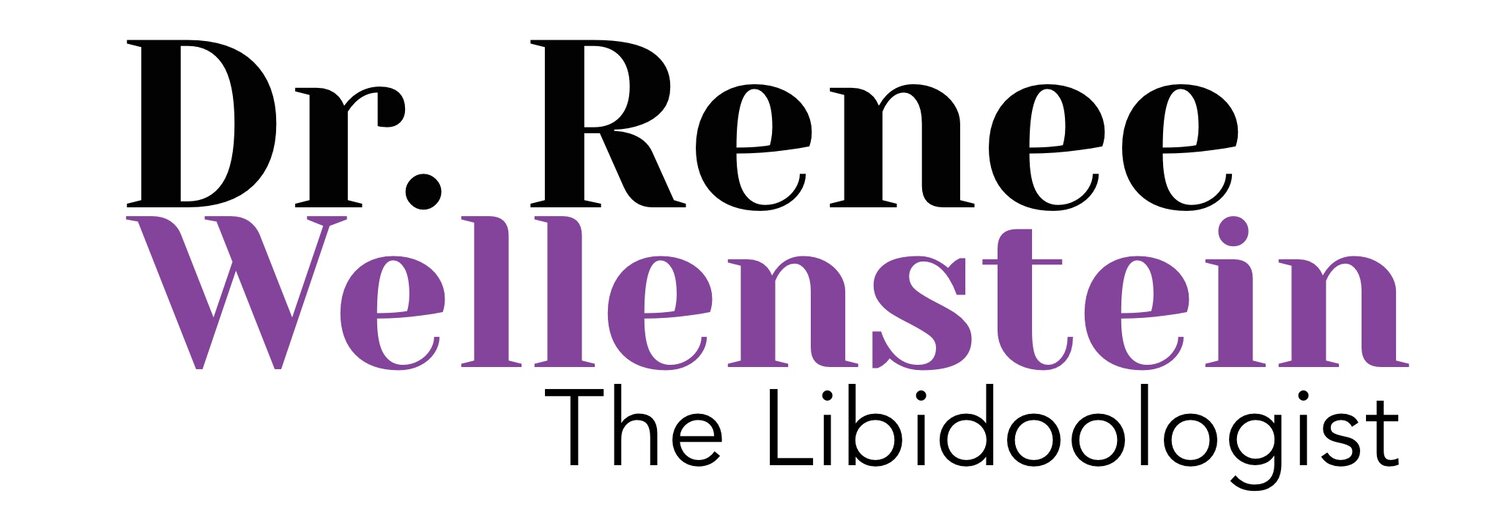5 Midlife Symptoms You Shouldn’t Brush Off (Even If Your Doctor Did)
If you’ve hit your 40s and feel like your body is rewriting the rulebook — but your doctor keeps telling you “everything looks normal” — you’re not alone.
After working with women for over two decades as a double board-certified OB/GYN and Functional Medicine doctor, I’ve seen the same pattern over and over:
Symptoms get dismissed as “just part of aging.”
Hormones aren’t tested in the right way (or at all).
The root cause never gets addressed.
Here are five common symptoms I see in women over 40 that often get overlooked — plus why they’re worth paying attention to.
1. Brain Fog & Memory Slips
You walk into a room and forget why you’re there. You’re rereading the same paragraph three times. Names and words you’ve known forever suddenly vanish mid-sentence.
This isn’t just “mommy brain” or being busy. Hormone changes, especially fluctuations in estrogen, can alter neurotransmitters that keep your memory and focus sharp. Low thyroid function and early insulin resistance can make it even worse.
2. Unexplained Belly Fat
The scale is creeping up, even though you’re eating and moving the same way you always have — and the extra weight is settling right in your midsection.
This isn’t only about calories. Shifts in cortisol, muscle mass, leptin, and estrogen balance can all play a role. And here’s a big one most doctors miss: if your gut health is off, your body may have a harder time metabolizing and clearing excess estrogen, which can make fat loss even harder.
3. Sleep Disruption (Not Just Hot Flashes)
You wake at 3 a.m. and can’t get back to sleep — or you log 7–8 hours but still feel exhausted.
Most women are told this is just about night sweats or hot flashes, but that’s only part of the story. Hormone changes, stress-related cortisol spikes, blood sugar dips, and even gut health can all sabotage your sleep cycle.
4. Digestive Changes
Bloating after foods you used to tolerate, constipation one week and loose stools the next, or new sensitivities to long-time favorites — these are all signs something’s shifted.
While “IBS” is a common label, it doesn’t explain why your digestion has changed. Hormone fluctuations, stress, microbiome shifts, and low stomach acid can all play a role.
5. Mood Changes
You’re quicker to snap. Little tasks feel overwhelming. Anxiety is creeping in where it never used to.
This can happen when progesterone — your calming, GABA-supporting hormone — drops, or when nutrients like B vitamins, magnesium, and vitamin D are low. Add in stress and toxin exposure, and your brain chemistry can shift dramatically.
Bottom line:
These symptoms aren’t “just aging,” and you don’t have to live with them. They’re signals from your body that something is off — and once you address the root cause, you can feel like yourself again.
I dive deeper into the science behind each symptom and what to do about them in my latest YouTube video.
Watch the full breakdown here: https://youtu.be/3gCBPRa1d4g?si=9Fie_QqvLrviXVv3


